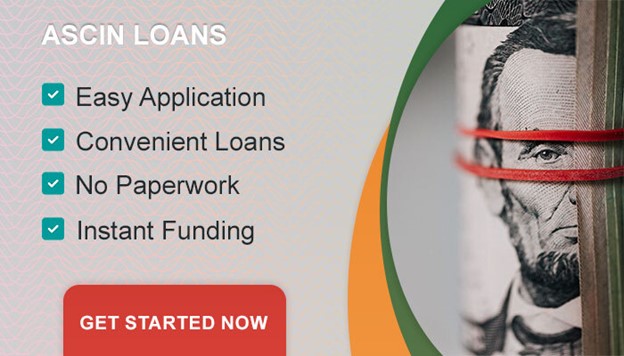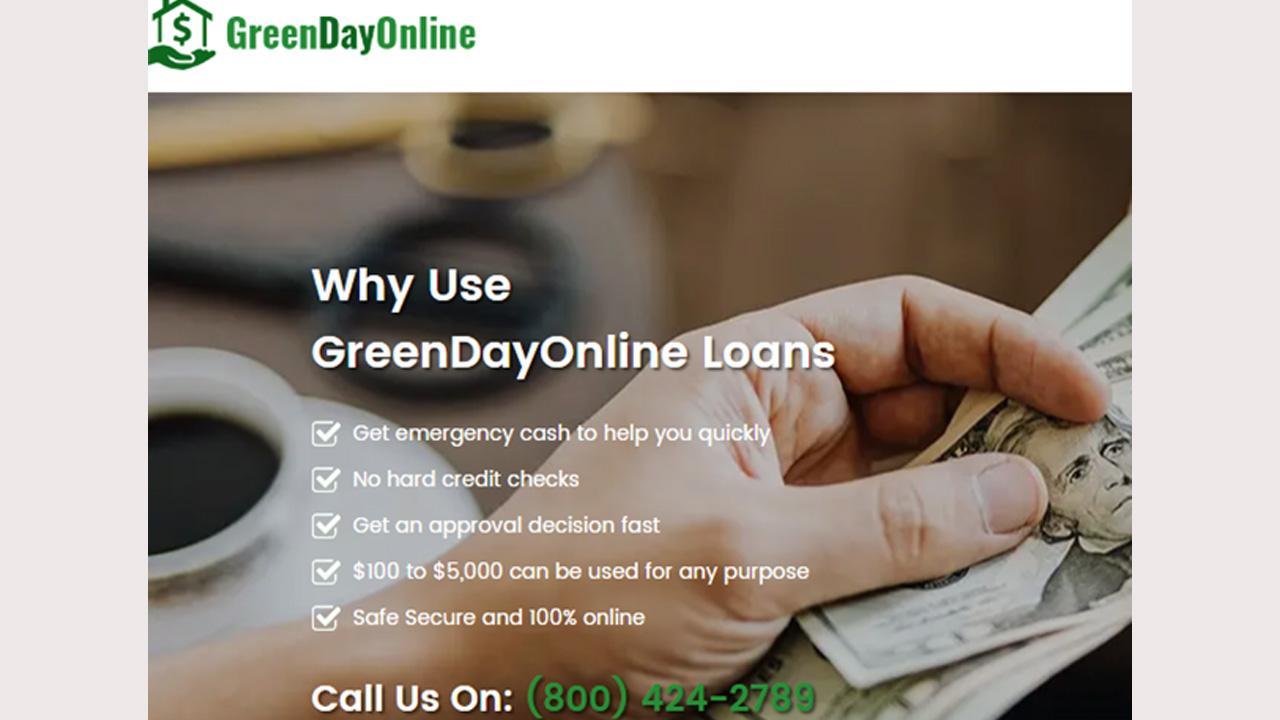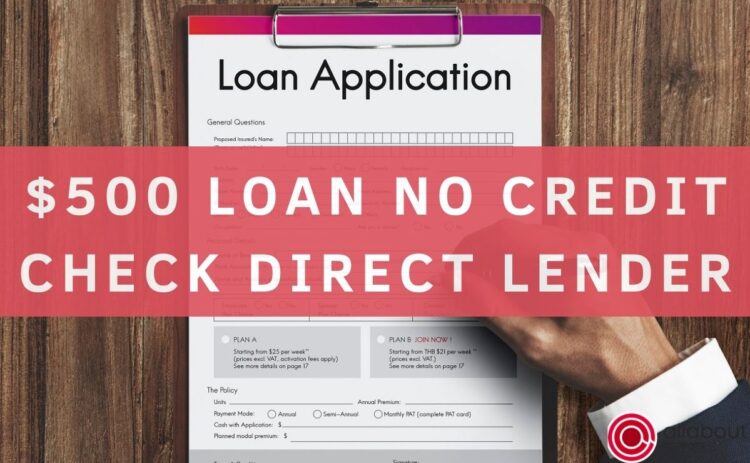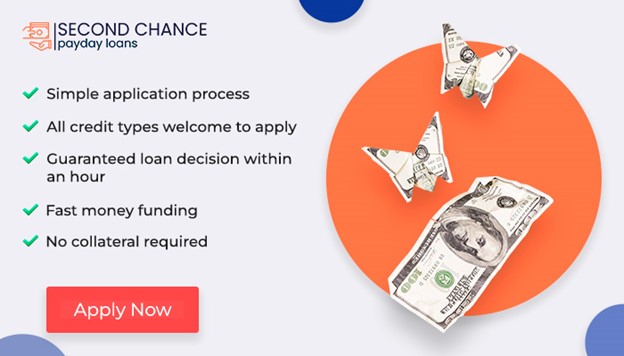Direct Lending Payday Loans No Credit Check

The allure of quick cash, particularly for individuals facing financial emergencies, has fueled the rise of direct lending payday loans with no credit check. These loans, marketed as a convenient solution to immediate financial needs, bypass traditional credit assessments, promising fast access to funds without the scrutiny of credit scores.
This accessibility, however, raises concerns about predatory lending practices, potential debt traps, and the long-term financial well-being of borrowers. Understanding the mechanics, risks, and regulatory landscape surrounding these loans is crucial for consumers and policymakers alike.
Understanding Direct Lending Payday Loans
Direct lending payday loans no credit check are short-term, high-interest loans designed to be repaid on the borrower's next payday. Unlike traditional loans from banks or credit unions, these loans are typically offered by online lenders or storefront businesses that specialize in providing quick access to cash.
The defining characteristic is the absence of a traditional credit check. Lenders often rely on alternative verification methods, such as proof of income or bank account information, to assess the borrower's ability to repay.
The Appeal of No Credit Check Loans
The primary appeal lies in their accessibility, particularly for individuals with poor credit histories or limited credit access. Many people who are declined for conventional loans turn to payday lenders as a last resort. The speed of funding is another major draw.
Borrowers can often receive the requested funds within hours or even minutes of applying, providing immediate relief in emergency situations. Marketing tactics often emphasize convenience and ease of application.
Risks and Concerns
Despite their appeal, direct lending payday loans no credit check carry significant risks. The most prominent concern is the high interest rates and fees associated with these loans.
Annual Percentage Rates (APRs) can often exceed 300% or even 400%, far surpassing the interest rates charged by traditional lenders. These high costs can quickly escalate debt, making it difficult for borrowers to repay the loan on time.
The short repayment terms, typically two weeks or less, further exacerbate the problem. Many borrowers are unable to repay the loan in full on their next payday, leading to rollovers or renewals. These rollovers incur additional fees and interest, trapping borrowers in a cycle of debt.
The Consumer Financial Protection Bureau (CFPB) has expressed concerns about payday lending practices, highlighting the potential for predatory lending and the creation of debt traps.
The Debt Trap Phenomenon
The debt trap is a common consequence of payday lending. When borrowers are unable to repay the initial loan, they are forced to renew or roll it over, incurring additional fees each time.
This can quickly lead to a situation where the borrower owes more in fees and interest than the original loan amount.
"Payday loans can create a cycle of debt, particularly for consumers who borrow repeatedly,"stated a CFPB report.
The Center for Responsible Lending, a non-profit research and policy organization, has also documented the negative impacts of payday lending on low-income communities.
Regulatory Landscape and Consumer Protection
The regulation of direct lending payday loans no credit check varies significantly by state. Some states have enacted strict regulations, including interest rate caps and limits on loan rollovers, to protect consumers.
Other states have more lenient regulations or no regulations at all, allowing payday lenders to operate with minimal oversight. At the federal level, the CFPB has the authority to regulate payday lenders and enforce consumer protection laws.
However, recent changes in leadership and policy priorities at the CFPB have led to a relaxation of some regulations, raising concerns among consumer advocacy groups.
Advocates like Lauren Saunders, associate director at the National Consumer Law Center, argue for stronger regulations to prevent predatory lending and protect vulnerable borrowers.
Alternatives to Payday Loans
For individuals facing financial emergencies, there are several alternatives to payday loans that offer more favorable terms. These include seeking assistance from local charities or non-profit organizations, negotiating payment plans with creditors, or exploring options for personal loans or credit cards with lower interest rates.
Credit counseling services can also provide valuable guidance and support in managing debt and improving financial literacy. Building an emergency fund can also mitigate the need for payday loans in unforeseen circumstances.
Conclusion
Direct lending payday loans no credit check offer a tempting solution for individuals in immediate need of cash. However, the high interest rates, short repayment terms, and potential for debt traps pose significant risks.
Consumers should carefully consider the costs and consequences before taking out a payday loan and explore alternative options whenever possible. Stronger regulations and increased consumer education are crucial to protecting vulnerable borrowers from predatory lending practices and ensuring financial stability.
The debate surrounding these loans continues, with policymakers, consumer advocates, and industry representatives grappling with the balance between access to credit and the need for consumer protection. The future of payday lending will likely depend on the ongoing efforts to regulate the industry and promote responsible lending practices.











![Direct Lending Payday Loans No Credit Check 1 Hour Payday Loans No Credit Check | [year] Guide](https://avocadoughtoast.com/wp-content/uploads/2022/02/1-Hour-Payday-Loans-No-Credit-Check.png)

